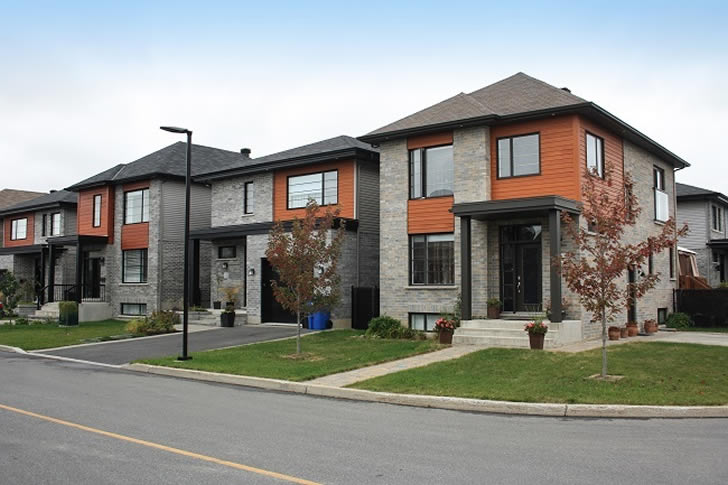Evaluating Your Home’s Market Value
Understanding and evaluating your home’s market value is crucial whether you are planning to sell your property, refinance it, or simply keep abreast of your investment’s worth. A well-evaluated home market value can help homeowners make informed decisions about future investments, insurance coverage, and taxation. This guide provides an in-depth look into different methods and factors that influence your home’s market value.

Evaluating Market Value vs. Appraised Value
Firstly, it’s important to distinguish between market value and appraised value. The market value is what buyers are willing to pay for your home under current market conditions. In contrast, an appraised value is a figure derived by a professional appraiser based on a detailed inspection and serves as an objective assessment for lenders. While both figures aim to gauge your home’s worth, they serve different purposes and can differ based on the approach and market dynamics at the time.
Key Factors That Influence a Home’s Market Value
Several critical factors directly affect your home’s market value. Location is paramount; homes in desirable neighborhoods or those that offer better amenities such as schools, parks, and transportation are typically valued higher. The property’s size, age, layout, and condition also play crucial roles. Updated homes with modern amenities often fetch a higher price. Recent selling prices of similar homes in your area, known as comparables, also provide strong indicators of potential market value.
Methods to Evaluate Your Home’s Market Value
1. Comparative Market Analysis (CMA)
A Comparative Market Analysis (CMA) is a tool used by real estate professionals to estimate a home’s value based on the recent sales of similar properties in the same area. By comparing characteristics of nearby properties that have sold recently—taking into account variables such as square footage, number of bedrooms and bathrooms, and lot size—real estate agents can provide a ballpark figure of what your property might sell for under current market conditions. According to industry data, homes priced within 10% of their market value are more likely to sell within 60 days.
2. Professional Appraisal
Though it comes with a cost—typically between $300 and $450—hiring a professional appraiser can provide the most accurate estimate of your home’s market value. Appraisers will conduct a thorough review, which involves physical inspection, reviewing local market trends, and comparing your property to similar properties. This report serves as vital documentation, especially when refinancing or selling your home, and helps in countering low valuations during negotiations.
3. Online Valuation Tools
Online home value estimators use automated valuation model (AVM) technology to provide an estimate of a home’s value based on public records and historical data inputs. While they offer a quick snapshot and are generally free, their accuracy can be limited by outdated or insufficient data, and they lack the personal element of location-specific insights. It’s estimated that these tools can vary by as much as 8% on average from actual market values.
Understanding Market Shifts and Trends
Real estate is inherently local, and market conditions can vary widely even within the same city. Economic factors like employment rates, interest rates, and the overall health of the economy play significant roles in determining property values. For instance, a booming job market can lead to increased demand for homes, thereby driving up market values. Conversely, high interest rates may reduce buyer affordability, leading to a cooldown in market prices. Keeping track of these trends can offer predictive insights into the potential rise or fall in property values.
Enhancements That Can Increase Home Value
Improvements to your home can positively impact its market value. Remodeling critical areas such as kitchens and bathrooms usually offer the highest returns on investment. According to the National Association of Realtors, a minor kitchen remodel has an average return at resale of 72.2%. Energy-efficient modifications and technological upgrades, like smart thermostats and solar panels, are increasingly popular and can attract energy-conscious buyers, potentially increasing your home’s market appeal and value.
Conclusion
Evaluating your home’s market value is a multifaceted process influenced by a myriad of factors, both micro and macro. Whether you choose to use a professional appraiser, online tools, or industry comparisons, understanding the factors that contribute to your property’s value can help you make more informed decisions regarding any potential sale, purchase, or renovation. Ultimately, staying educated and proactive in monitoring your property’s market standing can yield significant financial and personal benefits in the long term.







Recent Comments